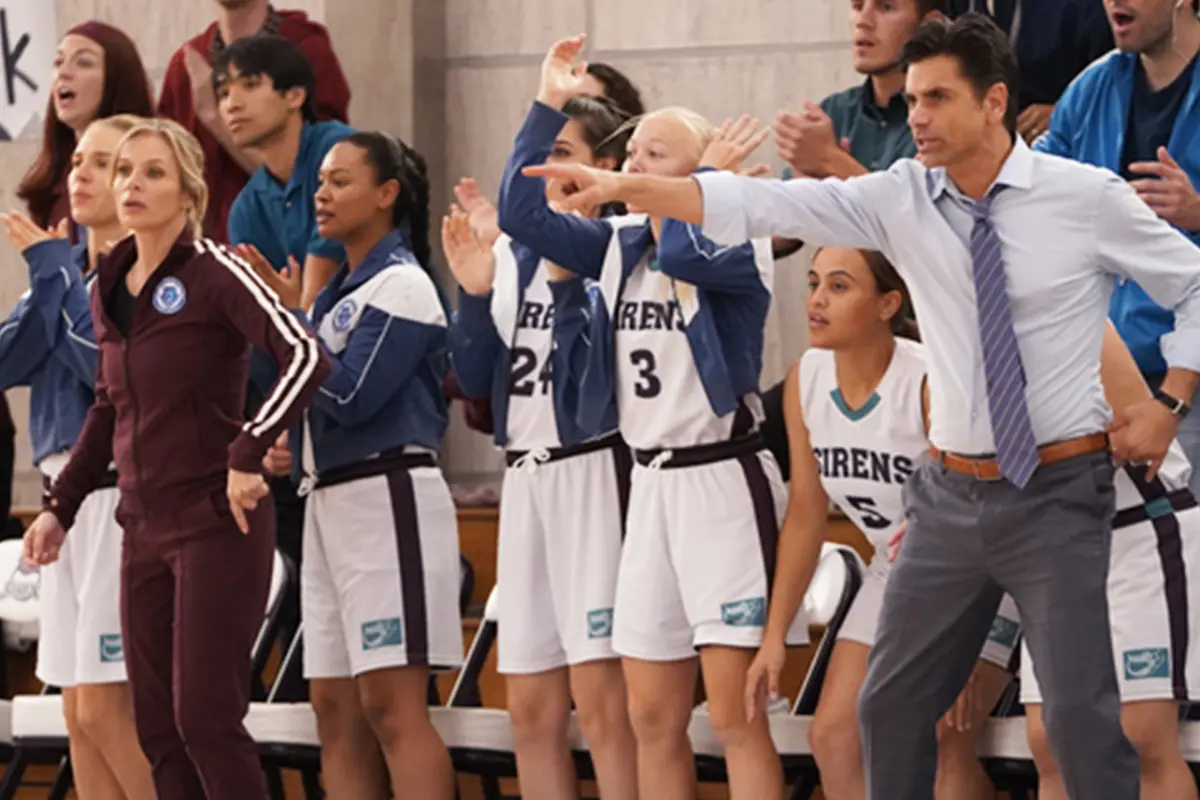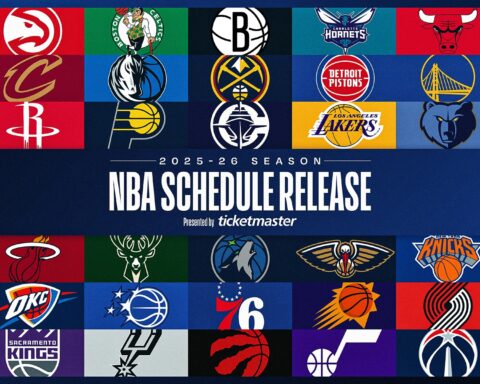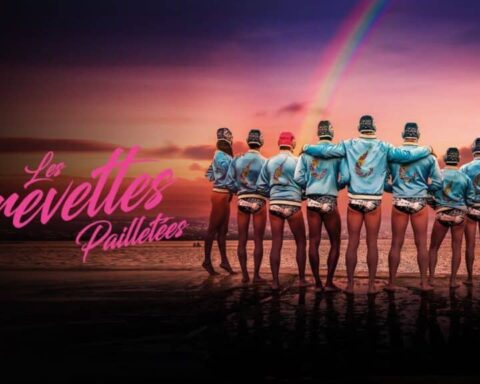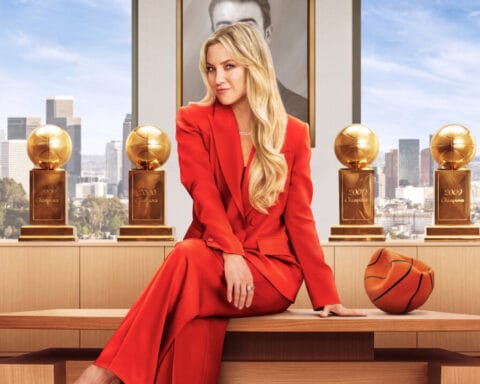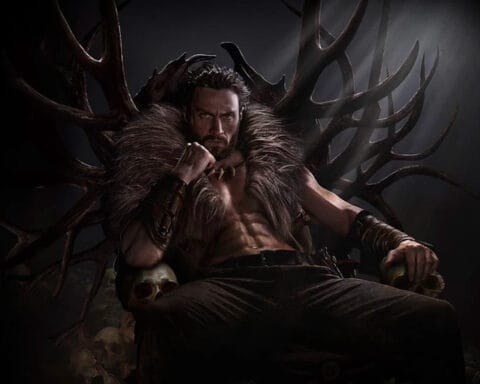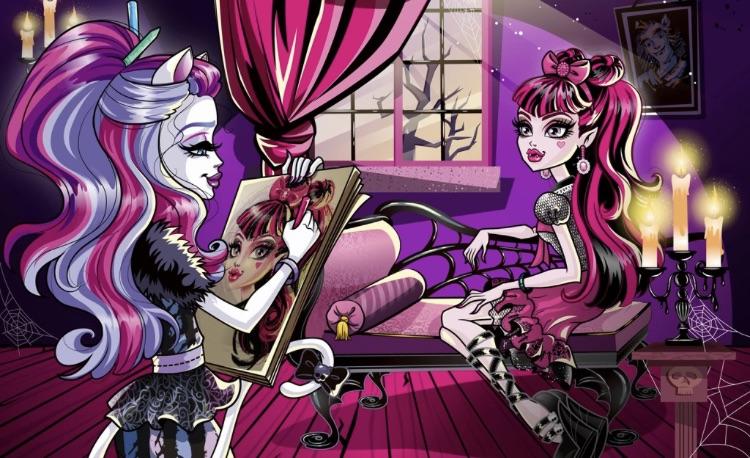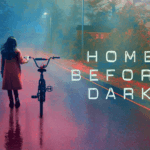“Big Shot,” a Disney+ series that premiered in 2021, is a standout in the landscape of television targeted at young audiences. Created by David E. Kelley, Dean Lorey, and Brad Garrett, the show is remarkable for its depth, inclusivity, and progressive themes. By focusing on the lives of teenage girls in a high school basketball team, “Big Shot” challenges stereotypical portrayals of young women and offers a fresh perspective on sports, personal growth, and representation. This article delves into the intricate character development, plot themes, and the broader impact of the series, including the significant influence of Geena Davis, a renowned advocate for gender equality and diversity, who now serves as a diversity officer at Disney.

Basketball Made Serious
The series centers around Marvyn Korn, portrayed by John Stamos, a fiery basketball coach who, after being ousted from the NCAA, finds himself coaching at an elite all-girls high school, Westbrook School for Girls. The narrative follows his journey as he adapts to this new environment, learns to connect with his players, and helps them navigate the challenges of adolescence and competitive sports.
Season 1: Introduction to Westbrook
In the first season, we are introduced to Marvyn Korn’s world—a world that collapses around him after an outburst leads to his dismissal from a prestigious college basketball program. Desperate to rebuild his career, he accepts a position at Westbrook, a stark contrast to the high-stakes world he is accustomed to.
Key Characters
Marvyn Korn (John Stamos): A renowned basketball coach with a troubled past, Marvyn is strict, driven, and initially struggles to adapt to his new role at Westbrook. His journey is one of redemption and personal growth as he learns to become a mentor and father figure to his players.
Holly Barrett (Jessalyn Gilsig): The assistant coach who becomes Marvyn’s confidant and the voice of reason. Holly’s dedication to the team and her understanding of the girls’ needs provide a counterbalance to Marvyn’s initially harsh methods.
Louise Gruzinsky (Nell Verlaque): The team’s star player, Louise is talented, ambitious, and under immense pressure from her father, who has high expectations for her future in basketball.
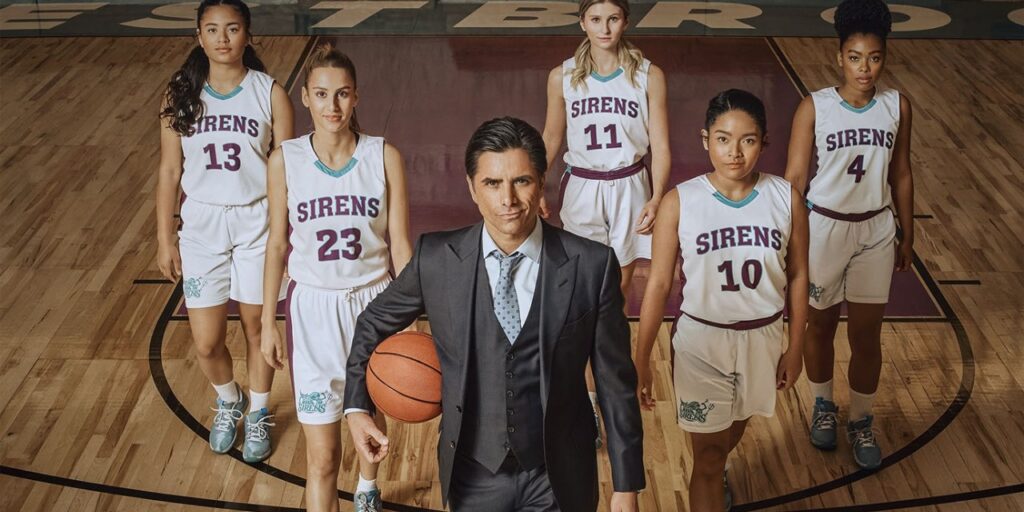
Destiny Winters (Tiana Le): A passionate and talented player who struggles with self-doubt. Destiny’s journey is one of finding confidence and believing in her abilities.
Samantha “Giggles” Finkman (Cricket Wampler): Known for her cheerful disposition, Samantha is a vital part of the team’s morale. Her character adds depth by exploring issues of anxiety and the pressure to maintain a positive front.
Olive Cooper (Monique Green): A social media influencer who initially prioritizes her online presence over basketball. Olive’s character arc involves learning to balance her interests and commit to the team.
Carolyn “Mouse” Smith (Tisha Custodio): An openly LGBT character, Mouse is a key player on the team. Her inclusion is groundbreaking for Disney, providing much-needed representation for LGBT youth.
Emma Korn (Sophia Mitri Schloss): Marvyn’s teenage daughter who transfers to Westbrook. Her presence adds another layer to Marvyn’s character, as he navigates his role as a father.
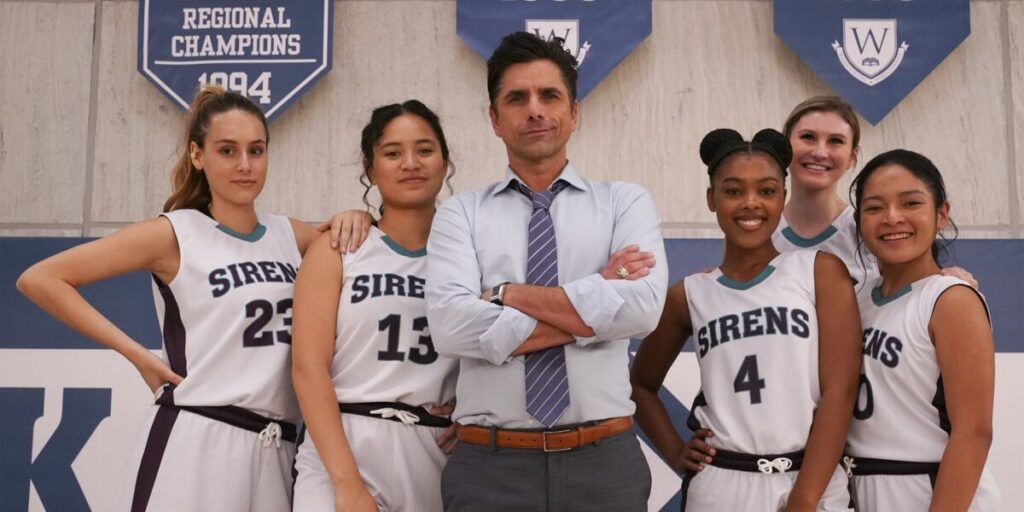
Season 1 Themes
Redemption and Growth
Marvyn’s character arc is central to the season’s narrative. His initial approach to coaching is strict and uncompromising, mirroring the high-pressure environment he comes from. However, as he builds relationships with his players, he learns the importance of empathy, patience, and understanding. This transformation is a testament to the show’s commitment to character development.
Teamwork and Friendship
The theme of teamwork is prevalent throughout the season. The players learn that success on the court is a result of collaboration, mutual respect, and trust. Their friendships are depicted as supportive and empowering, challenging the often negative portrayals of female relationships in media.
Identity and Self-Acceptance
Each character grapples with issues of identity and self-acceptance. Louise faces the challenge of living up to her father’s expectations, Destiny struggles with self-confidence, and Mouse navigates her identity as an LGBT individual. These storylines are handled with sensitivity and depth, providing viewers with relatable and inspiring narratives.
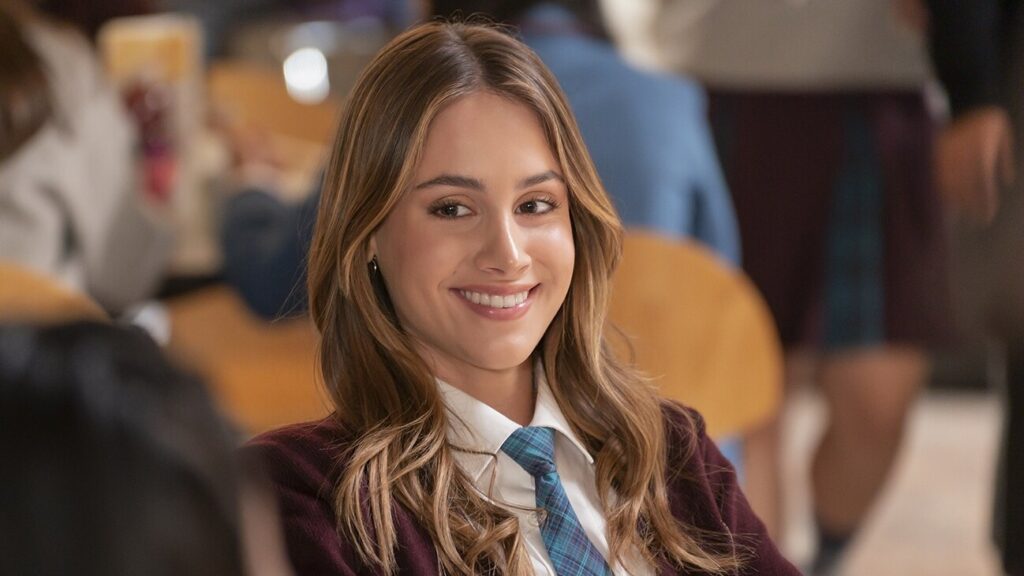
Season 2: Building on Foundations
The second season of “Big Shot” builds on the foundations laid in the first, further exploring the characters’ personal and athletic growth. The challenges become more complex as the stakes are raised both on and off the court.
New Challenges
The team’s success attracts more attention, leading to increased pressure and scrutiny. Marvyn faces new challenges as he tries to balance his coaching responsibilities with his personal life, particularly his relationship with his daughter, Emma.
Expanded Roles
Harper Schapira (Darcy Rose Byrnes): A new character introduced in Season 2, Harper is an ambitious journalist for the school paper. Her determination and curiosity bring fresh dynamics to the narrative, as she often finds herself entangled in the team’s journey.
Sherilyn Thomas (Yvette Nicole Brown): The school’s no-nonsense dean, Sherilyn becomes a more prominent character in the second season. Her interactions with Marvyn add depth to the exploration of institutional challenges and the balancing act of upholding school values while supporting the team.
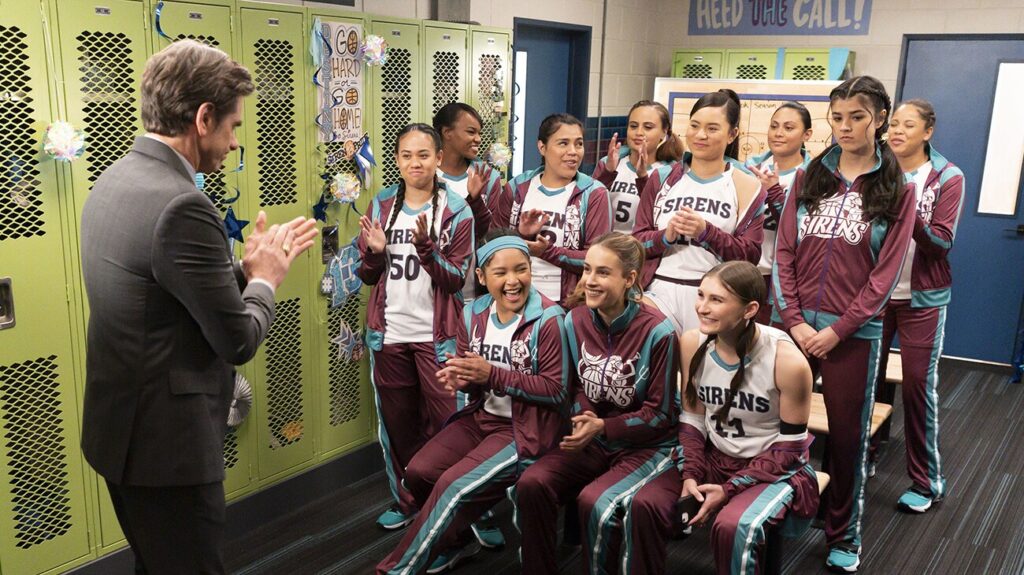
Season 2 Themes
Resilience and Perseverance
The second season emphasizes resilience in the face of adversity. The players encounter various obstacles, both personal and professional, and their ability to persevere and support each other is a central theme. This focus on resilience provides an empowering message for viewers.
Personal Growth
Character development continues to be a strong focus. Louise learns to assert her independence, Destiny becomes a leader on and off the court, and Mouse finds confidence in her identity. These arcs highlight the importance of personal growth and self-discovery.
Inclusivity and Representation
Mouse’s storyline as an openly LGBT character is given more depth in the second season. The show handles her experiences with care, providing a realistic and relatable portrayal of the challenges and triumphs of being an LGBT teenager. This representation is crucial for fostering understanding and acceptance.

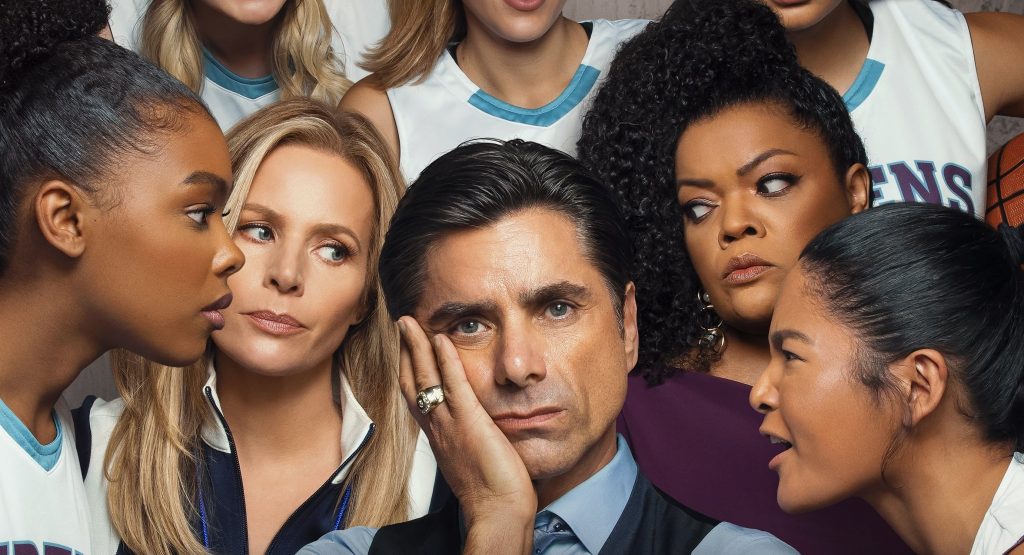


Breaking Stereotypes
One of the standout aspects of “Big Shot” is its commitment to breaking stereotypes associated with teenage girls. The show portrays its female characters as complex, ambitious, and capable, challenging the often shallow and one-dimensional representations in media.
Complex Characters
Each character in “Big Shot” is given a detailed and nuanced personality. They are not confined to traditional roles but are portrayed as individuals with unique aspirations, challenges, and strengths.
Louise Gruzinsky: Louise’s character arc involves navigating the pressure of expectations from her father and finding her own path. Her journey highlights the importance of autonomy and self-discovery.
Destiny Winters: Destiny’s struggle with self-doubt and her eventual rise as a team leader is a powerful narrative of overcoming internal obstacles. Her character is a testament to the power of believing in oneself.
Samantha “Giggles” Finkman: Samantha’s character explores the theme of mental health, particularly anxiety. Her journey emphasizes the importance of seeking help and the strength in vulnerability.
Olive Cooper: Olive’s evolution from prioritizing her social media presence to committing to the team underscores the theme of balance and the value of authentic connections.
Authentic Friendships and Rivalries
“Big Shot” portrays friendships and rivalries among the girls in a realistic and nuanced manner. The relationships are built on mutual respect and shared experiences, reflecting the complexities of real-life teenage interactions.
Supportive Friendships
The friendships in “Big Shot” are depicted as supportive and empowering. The girls lift each other up, provide emotional support, and celebrate each other’s successes. This portrayal challenges the stereotype of female relationships as inherently competitive and antagonistic.
Constructive Rivalries
While rivalries exist, they are portrayed as constructive rather than destructive. The competition among the players pushes them to improve and strive for excellence, fostering a healthy environment of growth and mutual respect.
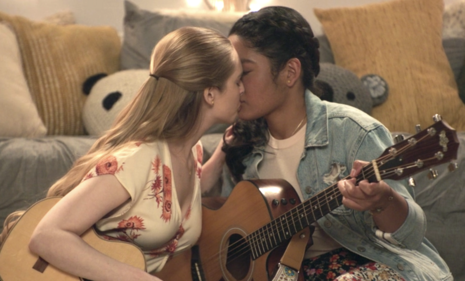
Basketball: More Than a Game
Basketball is not just a backdrop in “Big Shot” but a central theme that drives the narrative and character development. The show provides an authentic and nuanced depiction of the sport, highlighting its physical, mental, and emotional demands.
Training and Strategy
“Big Shot” delves into the intricacies of basketball training and strategy. The series showcases various aspects of the sport, from practice drills to game-day tactics, offering viewers a detailed understanding of what it takes to excel.
Marvyn’s Coaching Style
Marvyn Korn’s coaching style evolves over the series. Initially, his methods are strict and demanding, reflecting his professional background. However, as he learns to connect with his players, he adopts a more empathetic and supportive approach. This evolution is reflective of the broader theme of personal growth and adaptation.
Team Dynamics
The show highlights the importance of teamwork and communication in basketball. The players learn to work together, trust each other, and support one another on and off the court. These lessons extend beyond sports, teaching valuable life skills.
The Pressure of Professional Sports
“Big Shot” addresses the pressures associated with pursuing a professional sports career. The characters face high expectations, intense competition, and the need to balance academics and athletics.
Balancing Academics and Athletics
The series explores the challenge of balancing academic responsibilities with the demands of competitive basketball. Characters like Louise grapple with the pressure to excel in both areas, providing a realistic portrayal of the sacrifices and perseverance required to succeed.
Mental and Emotional Challenges
The mental and emotional challenges of pursuing a professional sports career are depicted with sensitivity. Characters deal with stress, anxiety, and self-doubt, highlighting the importance of mental health and resilience.
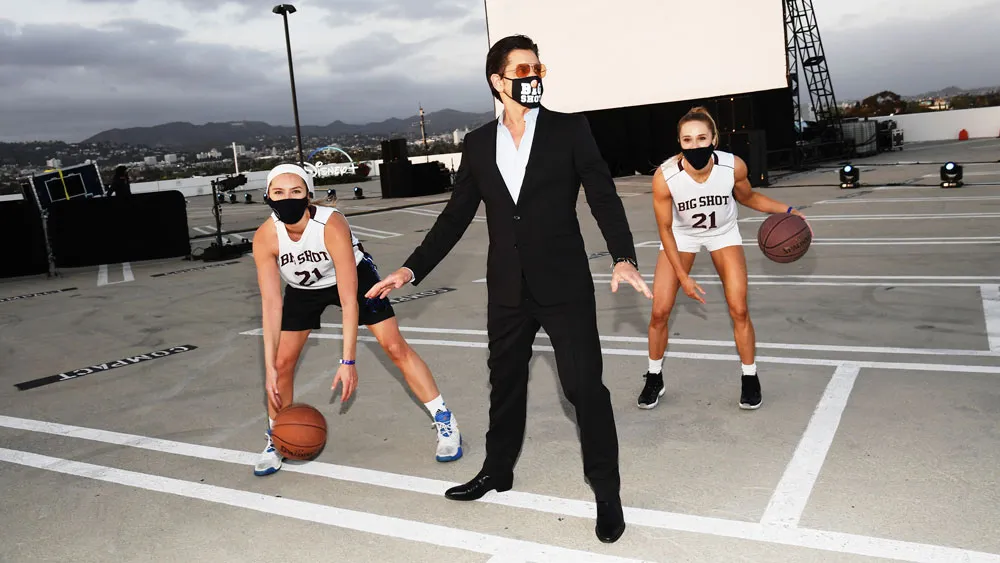
Representation and Inclusivity
One of the most groundbreaking aspects of “Big Shot” is its commitment to representation and inclusivity. The inclusion of an openly LGBT character and the diverse portrayal of the cast are significant steps towards more inclusive storytelling.
Breaking New Ground with Mouse
Mouse, portrayed by Tisha Custodio, is an openly LGBT character and a key player on the Westbrook Sirens team. Her identity is presented as a natural part of her character, rather than a central plot point, normalizing LGBT representation.
Authentic Representation
Mouse’s experiences as an LGBT teenager are portrayed with authenticity and sensitivity. The show addresses her challenges and triumphs without reducing her character to a stereotype. This realistic portrayal is crucial for providing visibility and affirmation to LGBT viewers.
Impact on Viewers
Representation matters profoundly, especially for young audiences who are in the process of understanding their own identities. Mouse’s character provides visibility and validation, demonstrating that LGBT identities are recognized and valued. This kind of representation can have a lasting impact on self-esteem and foster a more inclusive society.
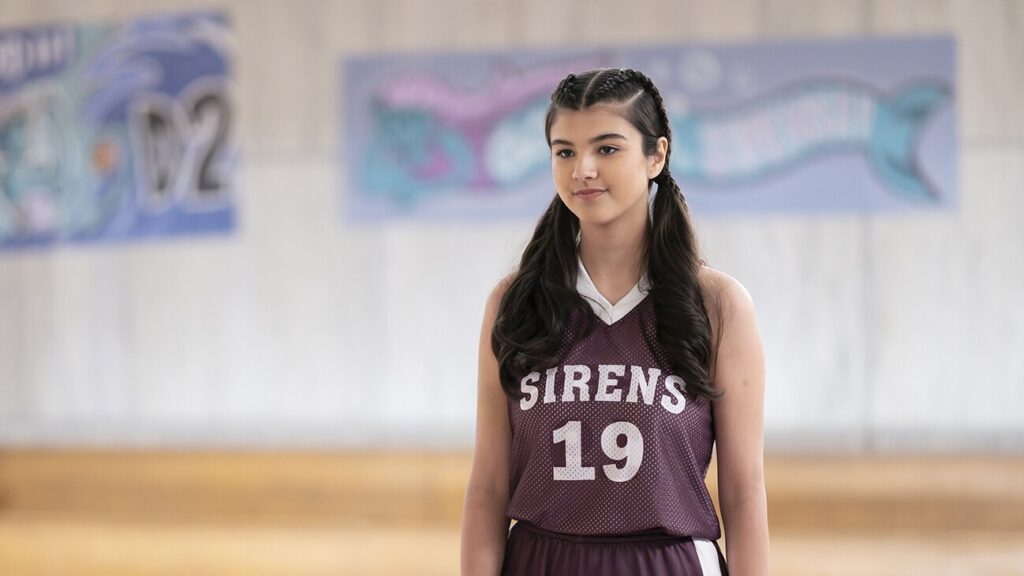
The Influence of Geena Davis
Geena Davis’s influence as a diversity officer at Disney is evident in “Big Shot.” Her commitment to gender equality and diversity has helped shape the show’s progressive themes and inclusive character development.
Championing Gender Equality
Geena Davis has long been an advocate for gender equality in media. Through her Institute on Gender in Media, she has highlighted the importance of balanced representation and the need to challenge gender stereotypes. Her involvement in “Big Shot” aligns with this mission, ensuring that the show portrays its female characters as strong, multifaceted individuals.
Creating a Legacy
By integrating diverse and authentic characters into its narrative, “Big Shot” sets a new standard for television shows targeting young audiences. The show’s success serves as a testament to the positive impact of inclusive and representative storytelling. Geena Davis’s influence ensures that “Big Shot” is not just a momentary success but a step towards creating a lasting legacy of diversity and equality in media.
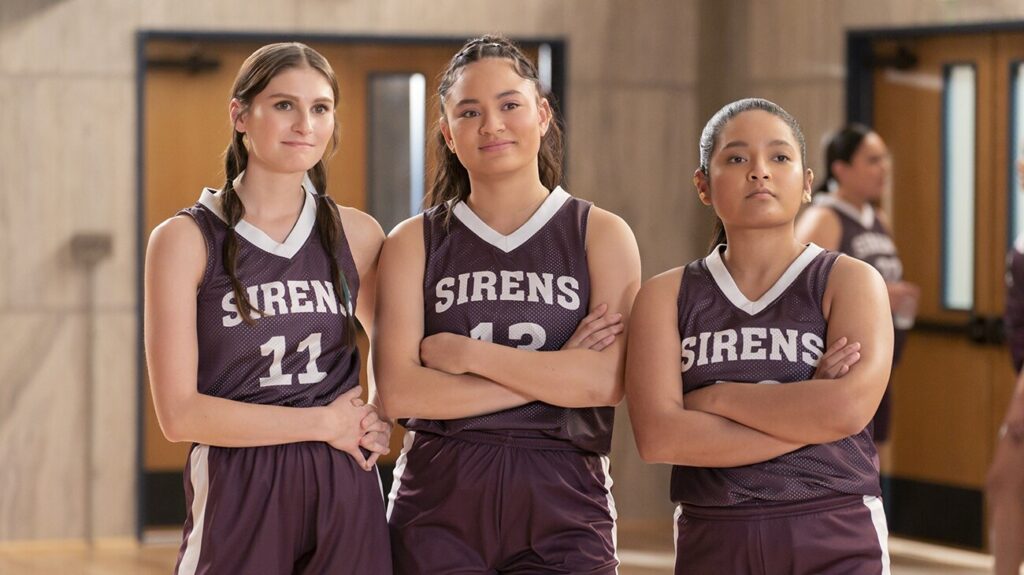
Conclusion
“Big Shot” is a pioneering series that challenges the usual clichés associated with teenage girls’ lives and dreams. Through its complex characters, authentic depiction of basketball, and groundbreaking representation of an openly LGBT character, the show sets a new standard for inclusivity and empowerment in media. The influence of Geena Davis further reinforces the show’s commitment to diversity and equality. As “Big Shot” continues to resonate with audiences, it stands as a powerful example of how television can inspire and uplift by reflecting the rich diversity of human experiences.
In conclusion, “Big Shot” is a trailblazer in the landscape of television aimed at young audiences. It challenges stereotypes, provides authentic representation, and offers valuable insights into the world of sports and personal growth. The show’s success is a testament to the importance of inclusive and progressive storytelling, setting a new standard for future productions.
